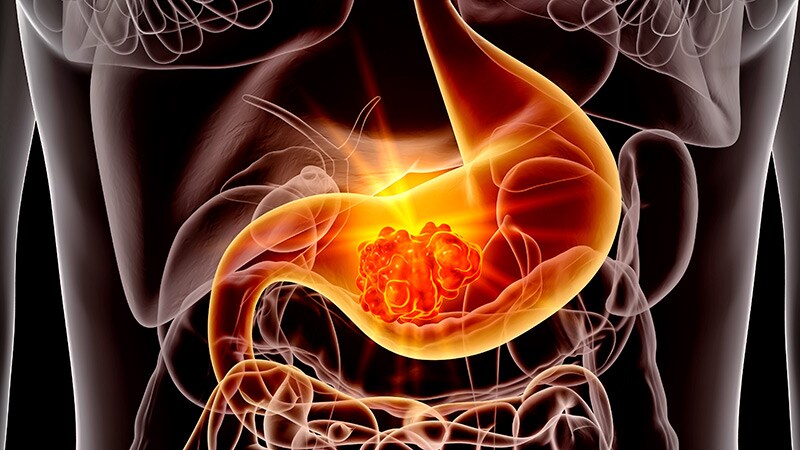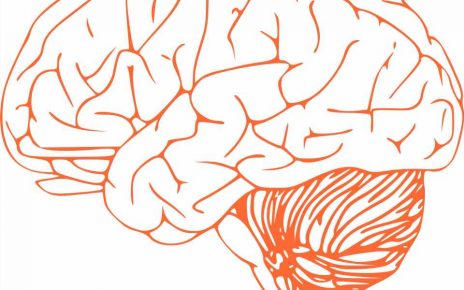It’s estimated that half of all people in the world are infected with Helicobacter pylori, a bacterium associated with increased risk for gastric ulcers and gastric cancer.
However, only a small percentage of people with H pylori infection will go on to develop gastric cancer.
Now a team from Japan reports that specific mutations in genes associated with DNA repair, when combined with the common bacterial infection H pylori, appear to significantly increase the risk for gastric cancer.
The new findings imply that the hereditary contribution to the risk of gastric cancer is more important than previously believed, say editorialists commenting on the study.
The article and accompanying editorial were published March 30 in The New England Journal of Medicine.
For this study, Yoshiaki Usui, MD, PhD, of the RIKEN Center for Integrative Medical Sciences in Yokohama, Japan, and colleagues analyzed samples from 10,426 patients with gastric cancer as well as 38,153 control samples from a Japanese biobank.
First, they looked at the association between gastric cancer and germline pathogenic variants in 27 genes known to predispose carriers to cancers.
They also looked at the combined effects of pathogenic variants and H pylori infection and calculated the cumulative risk among 1433 patients with gastric cancer and 5997 control samples from a cancer-center research database.
They found that germline pathogenic variants in nine genes were associated with the risk for gastric cancer. The genes were APC, ATM, BRCA1, BRCA2, CDH1, MLH1, MSH2, MSH6, and PALB2.
The pathogenic germline (inherited) variants in these nine genes were associated with homologous recombination, which involves an exchange of nucleotide sequences between two similar or identical DNA molecules that occurs during meiosis and during repair of double-strand DNA breaks.
The investigators calculated that the cumulative risk for gastric cancer at age 85 among carriers of the variants who were infected with H pylori was 45.5%, compared with 14.4% for control persons who were infected but were not carriers of the germline pathogenic variants.
The risk for gastric cancer was less than 5% among those without H pylori infections, regardless of their carrier status.
“Our results suggest that in persons known to carry a pathogenic variant in a homologous-recombination gene, evaluation and eradication of H pylori infection may be particularly important,” Usui and colleagues write.
“It is remarkable that pathogenic variants in homologous-recombination genes drive tumorigenesis only in the context of H pylori infection,” write Anne Müller, PhD, and Jiazhuo He, MD, from the University of Zurich, Switzerland, in an accompanying editorial.
“This observation has numerous implications, not only for the diagnosis, prevention, and possibly treatment of the fraction of cases of gastric cancer with pathogenic gene variants that arise due to H pylori infection but also for a better understanding of the biology of other cancers arising on a background of homologous-recombination deficiency. It is quite conceivable that other DNA-damaging environmental factors contributing to human carcinogenesis have been overlooked.” they comment.
The study was supported by grants from the Japan Agency for Medical Research and Development; the Ministry of Education, Science, Sports, Culture, and Technology of Japan; the Ministry of Health, Labor, and Welfare of Japan; and the Australian National Health and Medical Research Council. Usui, Müller, and He have disclosed no relevant financial relationships.
N Engl J Med. Published online March 29, 2023.
Neil Osterweil, an award-winning medical journalist, is a long-standing and frequent contributor to Medscape.
For more news, follow Medscape on Facebook, Twitter, Instagram, and YouTube.
Source: Read Full Article



